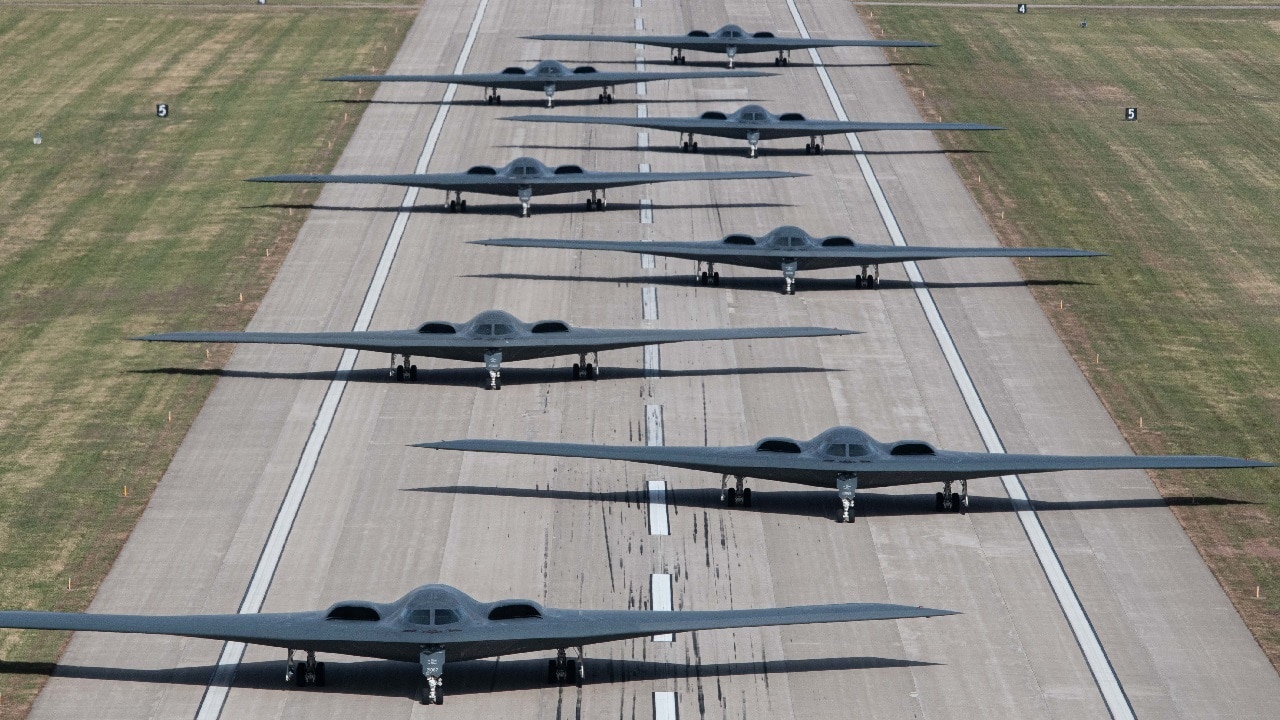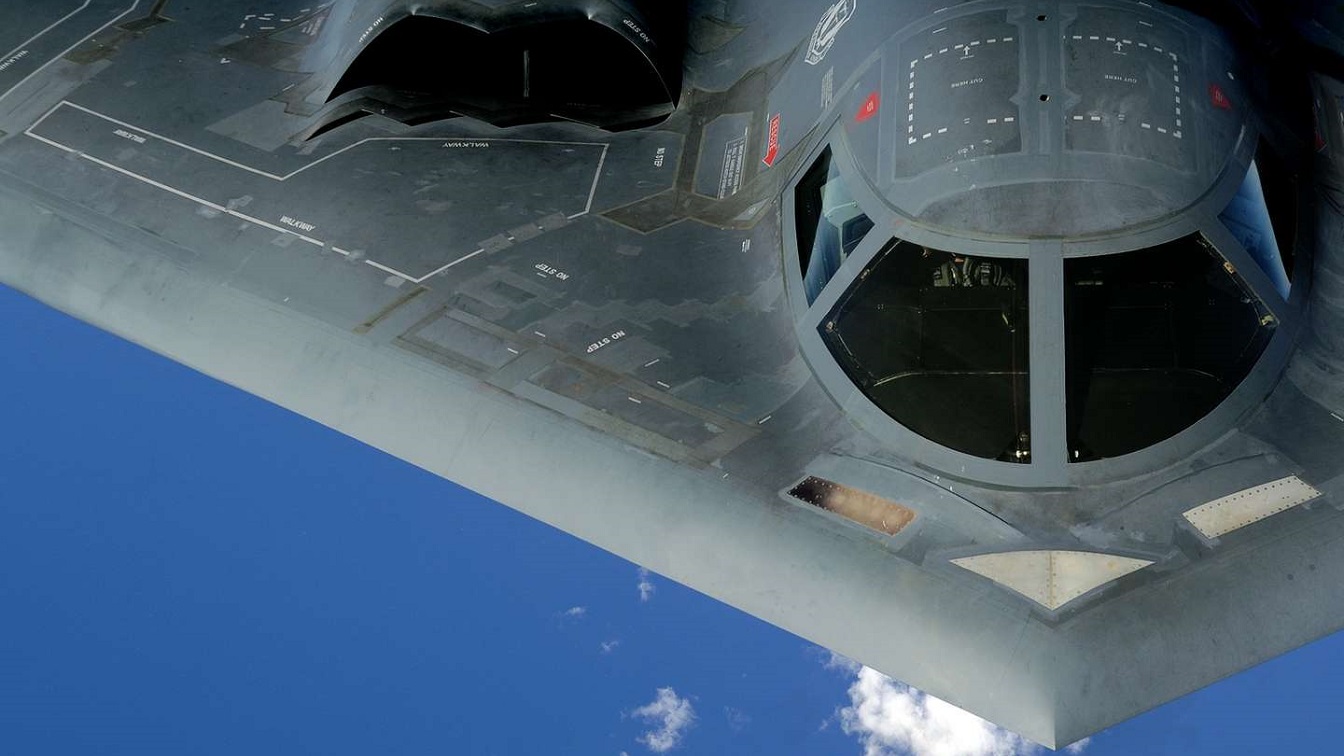Among all the foreign policy challenges that the second Trump administration is facing, the question over how to handle Iran and its nuclear program seems to be one of the most dangerous. A return to the “maximum pressure” campaign of the first Trump term, in which devastating sanctions were placed on the Iranian economy in hopes of forcing Tehran to capitulate, appears likely, though that approach is misguided.
Mike Waltz, Trump’s National Security Advisor, has stated plainly that the new administration will “reinstate maximum pressure.” In addition, Trump’s Ukraine peace envoy Keith Kellogg has called for the world to return to “maximum pressure” to transform Iran into a more democratic country. This hawkishness toward Iran may not be limited to commerce, as sources connected to Israeli Strategic Affairs Minister Ron Dermer have reportedly said that Trump would also support a strike on Tehran’s nuclear program.
Central to these plans of economic and military aggression is the perceived weakness of Iran and its proxies after the 15-month-long war in Gaza and the recent Israel-Hezbollah war. The recent fall of the Iranian-friendly Assad regime in Syria has added to this perception as well.
However, this opportunistic reading of Iran’s decline neglects and obfuscates important developments that make a return to “maximum pressure” and military hawkishness ill-advised for President Trump.
One of the biggest changes in the Middle East since Trump’s first term is the rapprochement between Saudi Arabia, arguably America’s most important ally in the region, and Iran. In 2023, the Chinese brokered a deal that helped re-establish diplomatic ties between Riyadh and Tehran. Both sides seem dedicated to maintaining the deal as each reaffirmed their commitment to the agreement in November of last year. In recent months, the Saudis and Iranians have also participated in joint naval exercises in the Sea of Oman and the defense ministers of each respective nation have met with one another.
Although the Saudis did support “maximum pressure” during his first term, Riyadh would likely be hesitant to fully back Trump if he revived his aggressive sanctions policy on Iran. It was reported in the days after the recent U.S. presidential election that Gulf States like Saudi Arabia and the UAE were wary of a return to Trump’s punitive policies against Tehran.
Saudi support for a strike on Iran’s nuclear program would be even more unlikely. Saudi Crown Prince Mohammed Bin Salman has already made strong comments in support of Iranian territorial sovereignty during the current Mideast crisis. In fact, during a series of Israeli-Iranian retaliatory strikes this past fall, the Saudi leader said that the international community should force Israel to not attack Iranian territory.
Another issue with an attack on Iran’s nuclear program is the effectiveness of such a strike to begin with. When Israel was debating its response to an Iranian missile attack last October, Carnegie nuclear expert James Acton argued that it would be counter-productive for the Israelis to attack Iran’s nuclear facilities. According to Acton, even in a highly successful attack, Iran’s program could “be reconstituted in a more survivable form relatively quickly” due to its use of centrifuges.
Furthermore, past attacks on the Iranian nuclear program have appeared to strengthen Tehran’s resolve to continue its development. These concerns have not been lost on the Biden administration as former Secretary of State Antony Blinken said that it would have to be assessed if Iran would simply rebuild its nuclear capabilities before a decision to strike was ordered.
A heavy-handed approach of “maximum pressure” would seriously endanger the United States geopolitically as well. The West’s current sanctions against both Iran and Russia have already caused Moscow and Tehran to deepen their ties. As the world moves to multi-polarity, it would be unwise for the United States to provide justification for geopolitical rivals to work together and seek cohesion in pursuing goals that undermine American interests.

B-2 Spirit stealth bombers assigned to Whiteman Air Force Base taxi and take-off during exercise Spirit Vigilance on Whiteman Air Force Base on November 7th, 2022. Routine exercises like Spirit Vigilance assure our allies and partners that Whiteman Air Force Base is ready to execute nuclear operations and global strike anytime, anywhere. (U.S. Air Force photo by Airman 1st Class Bryson Britt)
Military action against Iranian nuclear facilities would be even more catastrophic. In reference to a potential strike on the nuclear program, Iranian president Masoud Pezeshkian, although saying Iran doesn’t seek war, has said that the country “would react to any action” and is not fearful of war.
If President Trump truly wants to stop the progress of Iran’s nuclear program, he should focus on engagement and not aggression. Luckily for him, his counterpart in Iran seems to be interested in such talks. Pezeshkian, a moderate figure in Iranian politics, has previously stated his country was “ready to engage” with the West over its nuclear program.
But if Trump chooses unwisely and implements a hardline policy towards Iran, America’s position in terms of global power politics will be further strained and the United States may find itself in another quagmire in the Middle East.
About the Author: Kevin Joseph
Kevin Joseph is a recent graduate of the University of Illinois, majoring in political science and history. He has worked as a Summer Fellow in the U.S. Senate.

